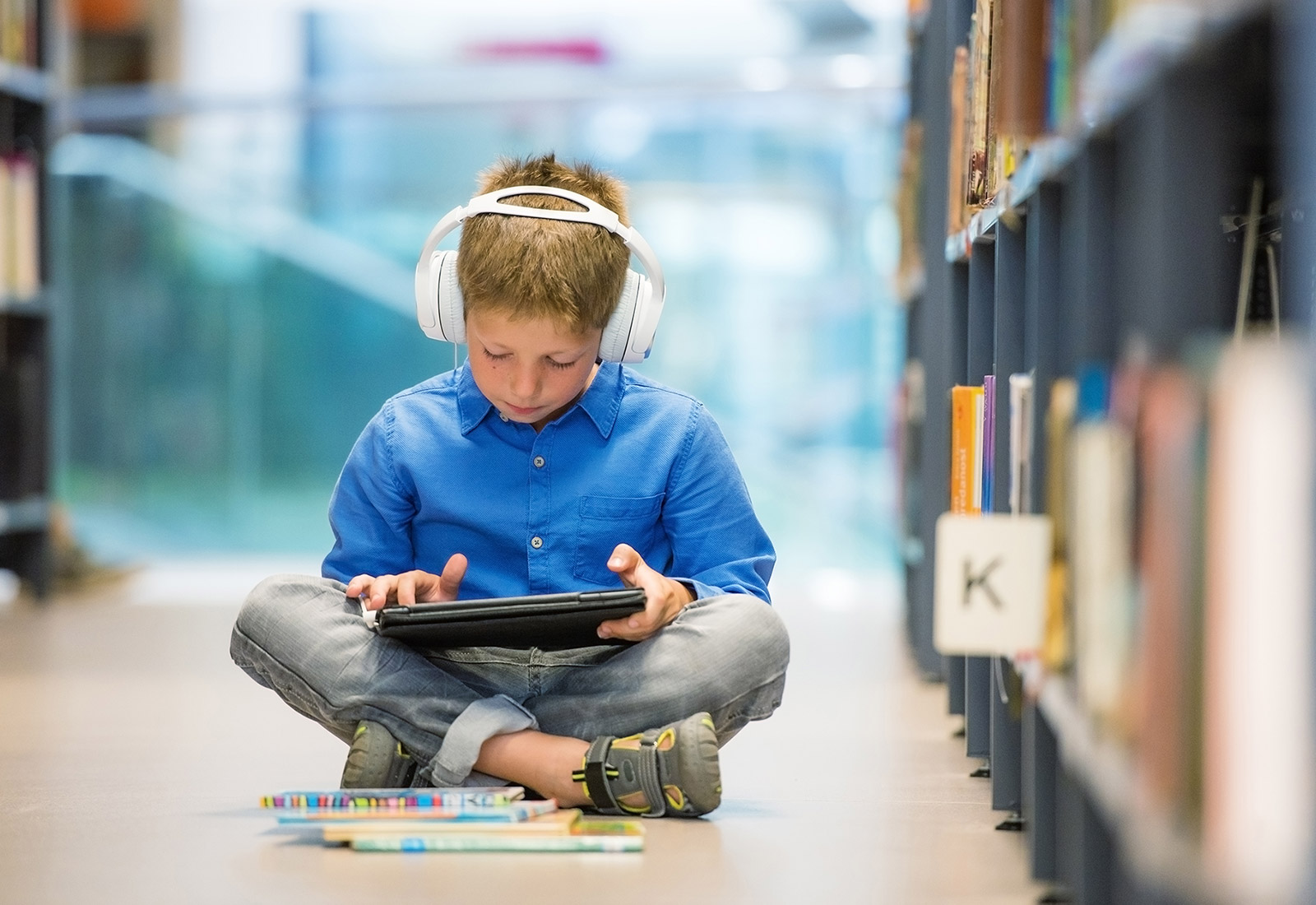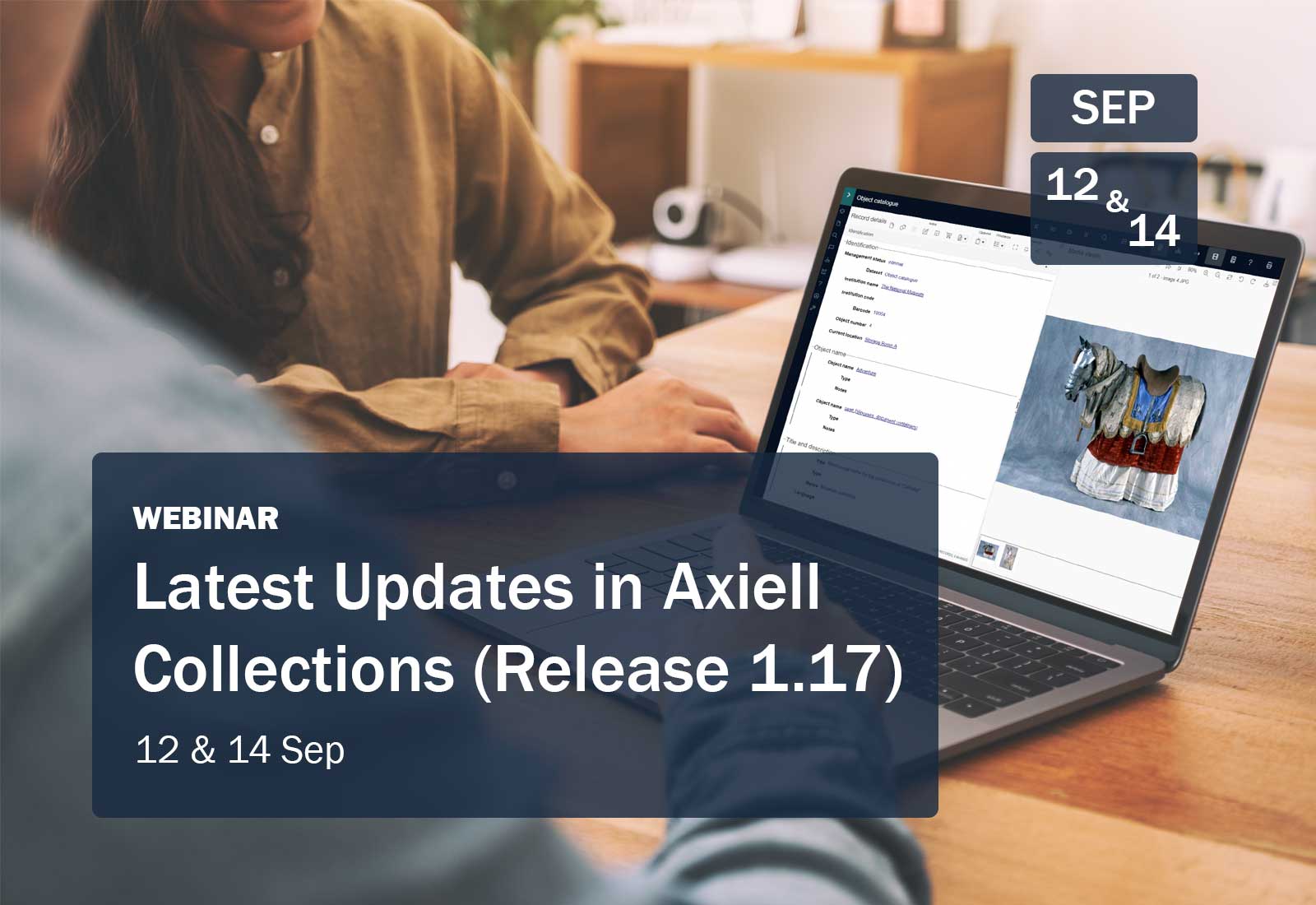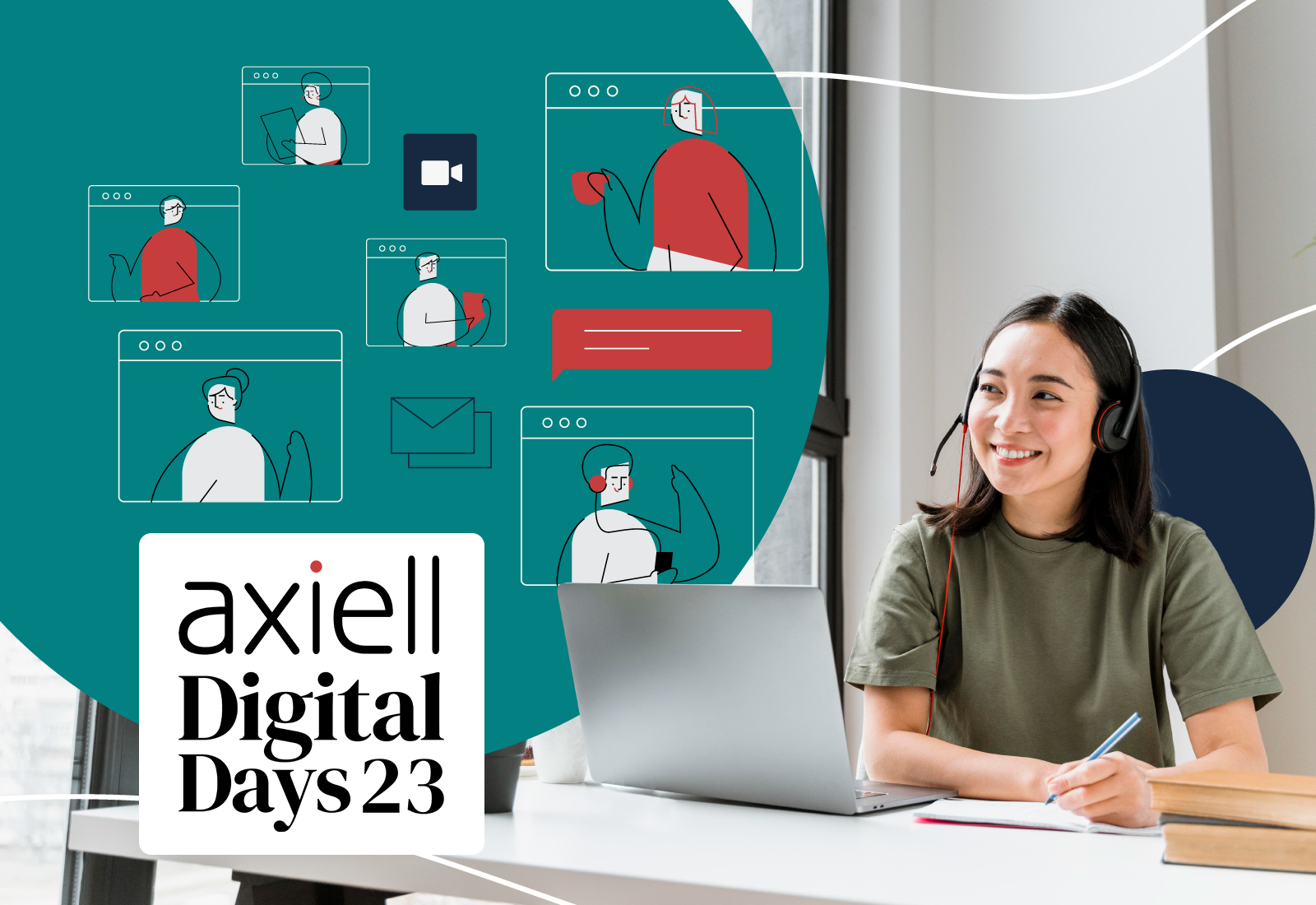In Norway, there are no requirements for schools to invest in their libraries, which can lead to a great variation in the services offered by different school libraries. The debate around the importance of school libraries has been going on for a long time and includes the content, quality and scope of the service they provide.
Today’s law states that “students must have access to school libraries”, and emphasises that access should be available during school time so the library can be actively used in school education.
As a federal leader in the Librarian Association, Jannicke Røgler points out in a post on bibforb.no, the law does not say anything about the content, quality or scope of the library service. Nor does it link school libraries directly to the educational activities in the school. Røgler believes that if we are to hope for more concrete law, we must constantly show why school libraries are important.
Marite Juul, school librarian at Presterød Junior High School, emphasizes this in a discussion paper in Morgenbladet; “School librarians are teaching tools. Good school libraries are very useful in reading education, where skill training is of great importance”. She further says that students need qualified librarians to help them find books for their skill level and interests in a well-equipped school library. This, together with daily reading at school, contributes to increased literacy.
Digital competence
In addition to being an arena for creating enthusiasm and increasing reading skills, the school library also has several important functions. “(…) The school libraries are a learning arena in and across all subjects and a focal point for the use of digital learning resources.”, Says the Storting Report Digital agenda for Norway, ICT for a simpler everyday life and increased productivity (Post 84 S (2016 -2017), 2016).
Being digital is an integral part of the students’ everyday life and leisure time, writes librarian Hanne Nesset in a post on bibforb.no about her master’s thesis on school libraries and digital learning resources. She also asks whether they have the skills to use digital tools in a learning context. The study she conducted in her master’s degree showed that many librarians believe that pupils’ lack the digital maturity and the competence to fully utilize the digital learning resources.
Martina Rylander Lundström in Axiell, like Nesset, believes that the school libraries have a central function in communicating digital competence; “The school library has a very important role. Those who work in the school library have valuable expertise in information and use of digital learning materials, and that is important across the subjects in schools,” says Rylander Lundström.
WeLib supports reading and digital expertise
Axiell’s cloud-based school library system, WeLib, is designed to support reading and digital competence based on the student’s point of view. This largely corresponds to both the Norwegian and the Swedish curriculum, where reading is one of the key competencies.
“Pupils’ have the school library in their pocket and can read around the clock, wherever they are. They can also write reviews and create collections of both physical and digital resources and follow each other’s collections. WeLib contributes to reading enthusiasm and is supportive of all school topics. It can also be integrated with other digital services, depending on the school’s needs,” says Rylander Lundström.
To learn more about WeLib, receive pricing information, or if you have any further questions, please follow the links below:




